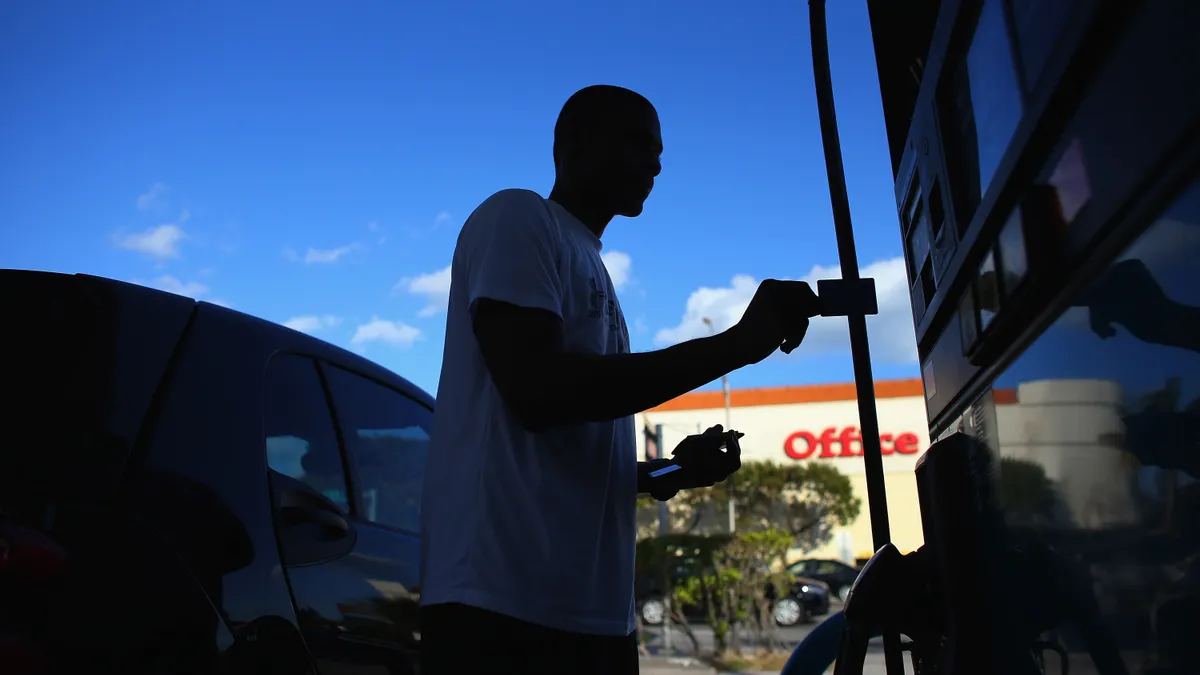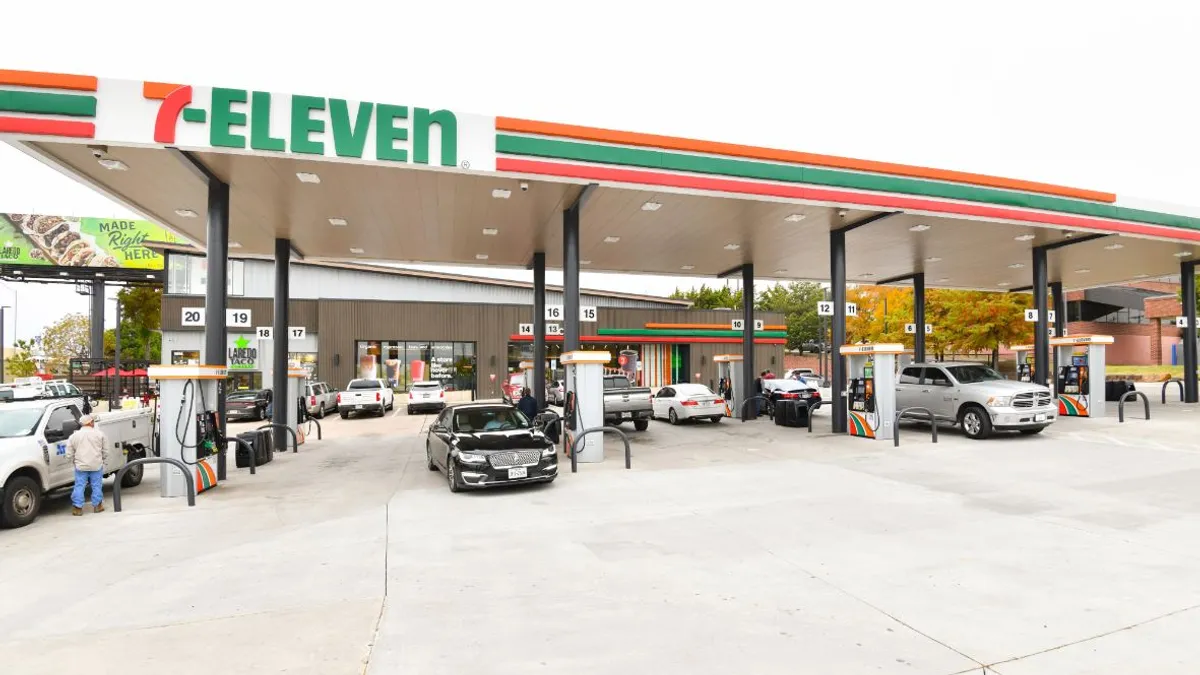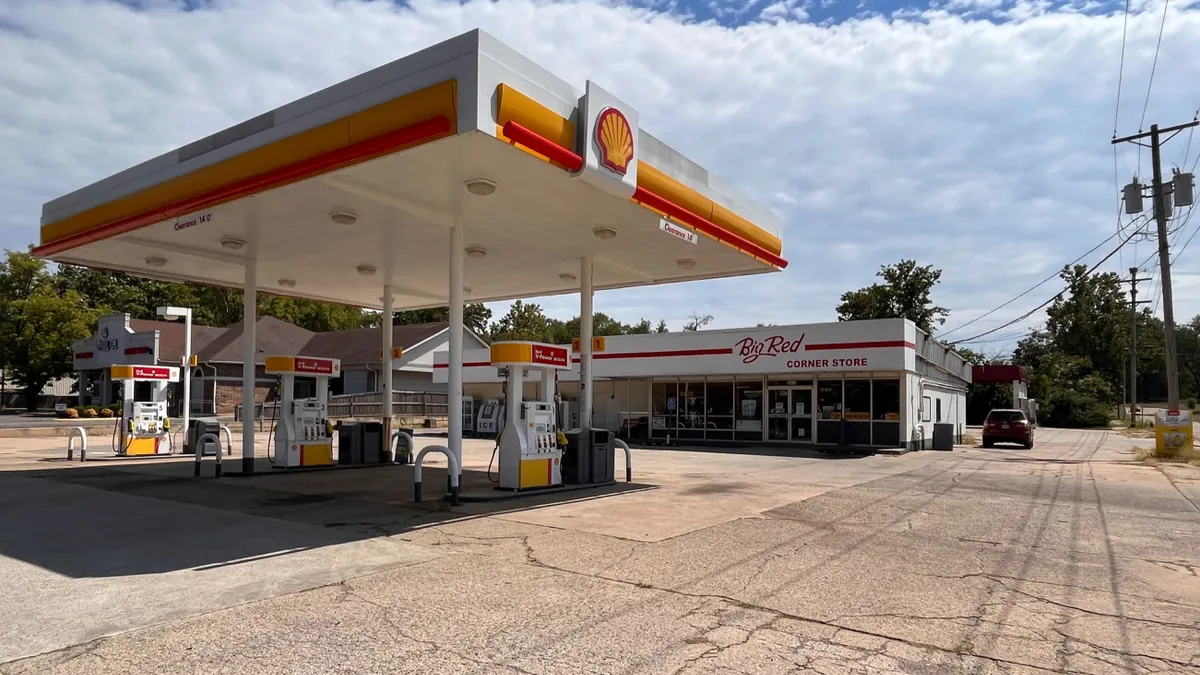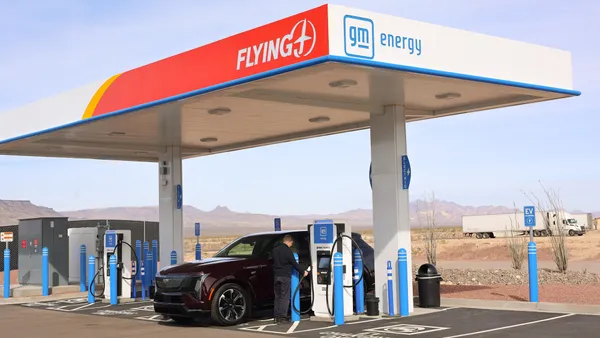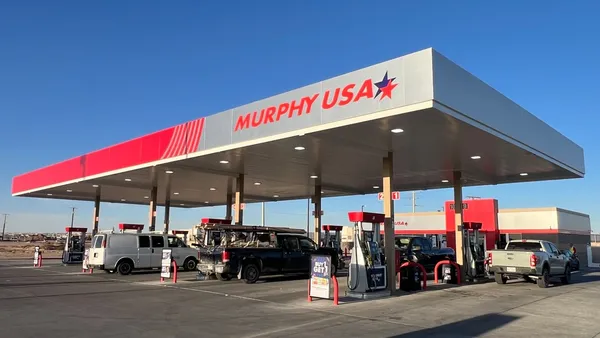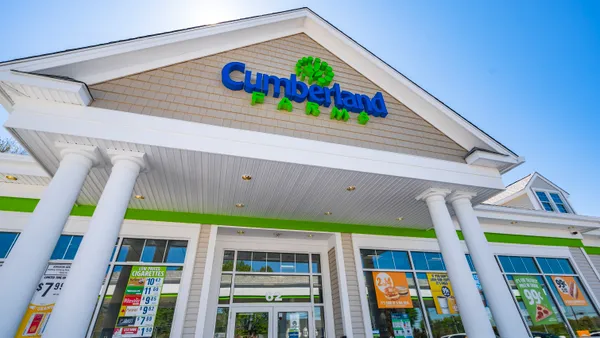Payment skimming continues to persist across the U.S., and is believed to cost more than $1 billion each year, according to the FBI.
For convenience stores, skimming — which occurs when devices illegally installed on ATMs, point-of-sale (POS) terminals or fuel pumps record data or cardholders’ information — doesn’t seem to be fading anytime soon. As of 2020, 15% of U.S. consumers said they’ve experienced skimming at fuel pumps, while 43% said they’ve changed how they pay for gas because of skimming concerns, according to online marketplace Lendingtree. Just this summer, 7-Eleven and Casey’s General Stores — two of the three largest c-store chains in the country — have dealt with credit card fraud and skimmers at various locations.
When asked what features they’d value most when making a purchase at a convenience store, 70% of consumers said increased payment security at the pumps — “well ahead” of tech-forward solutions like faster payments or touch-screens, according to a new report from Dover Fueling Solutions.
This heightened sense of concern for payment skimming at fuel pumps is likely due to two reasons: economic instability from volatile gas prices, and awareness of skimming schemes taking place across the country, even beyond c-stores, according to the report.
“A big factor is the high profile data breaches we've been seeing, even ones not relating to c-stores,” Jen Threlkeld, senior product manager at Dover Fueling Solutions, said in an interview.
There’s certainly no shortage of guides on best practices to avoid payment skimmers at fuel pumps. So why does this remain such a prevalent issue across the industry?
“It’s a $300 million question,” Threlkeld said.
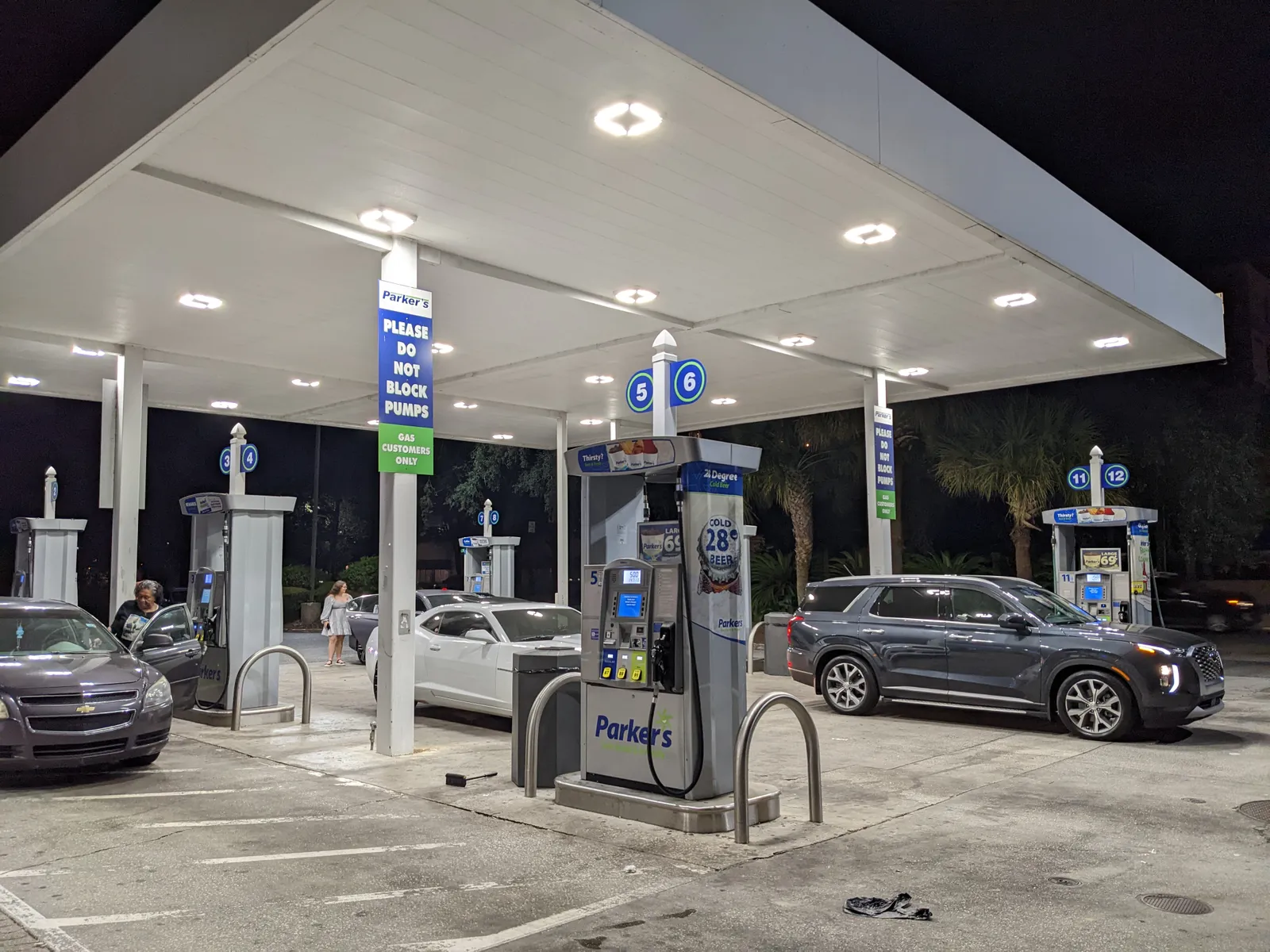
Security improvements and meeting compliance
Investing in Europay, Mastercard and Visa (EMV) compliance standards for credit and debit card security is the first thing c-store operators should do to improve payment security at the pump, Threlkeld said. EMV is essentially a type of technology developed by banks and payment networks that stores credit card information in a more secure way than magnetic stripes, which is what’s usually found at fuel pumps.
The move to EMV is a payment fraud liability shift, not a mandate. However, store owners who don’t meet these standards can be held liable for potential credit card fraud at their pumps, which can cost them thousands of dollars, Threlkeld said.
“That [money] coming out of an owner's pocket is scary,” she said. “For single-site owners, that’s their livelihood.”
Besides EMV upgrades, c-store owners can take steps like changing passcodes and keywords; adding new locks to pump dispenser doors; and installing sensors that alert store clerks if something has gone wrong in the pump’s payment system.
These investments can cost retailers hundreds, sometimes thousands, of dollars. Sometimes, retailers may avoid making these upgrades for various reasons, such as if they’re already in a difficult financial situation or even considering retiring from the fuel business and don’t want to spend the money so late in the game, Threlkeld said.
But many of these enhancements are one-time payments — and are worthwhile.
“We need a commitment from retailers to invest in that next level of tech,” she said. “If the retailer doesn’t invest in the tech, they’re creating the risk.”
Threlkeld also suggests c-store owners look into “ethical hacking” as an extra means of protection. This assesses the security of computer and data systems by checking for vulnerabilities, legally using similar tactics as a hacker would to assess where said systems should be improved.
“If we have the sneakiest minds out there breaking in, maybe we should hire some of them,” she said.
Finally, Threlkeld advises c-store operators to use their network to find new ways to improve payment security. This means getting involved with the National Association of Convenience Stores, joining forums, or even asking technicians for advice.
But either way, the improvements need to be made, because it deviates from the whole concept of a c-store, she said.
“We are literally called the convenience-store industry, and if we have people sacrificing their information when filling up, that goes against what we stand for,” she said



